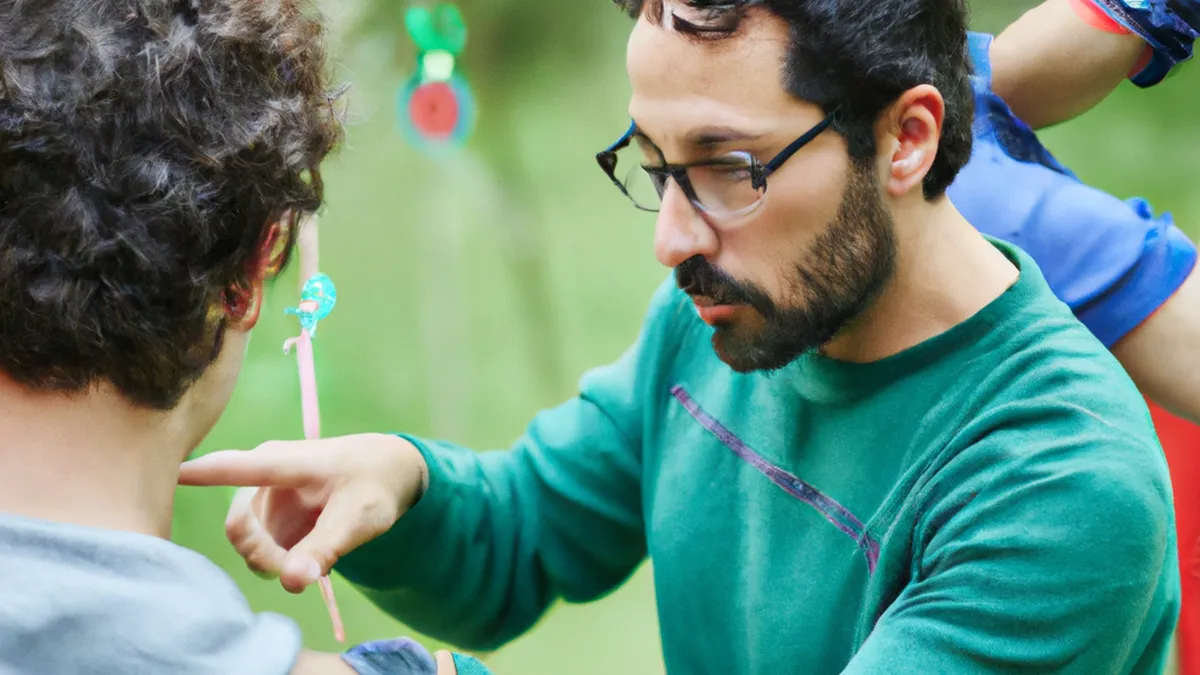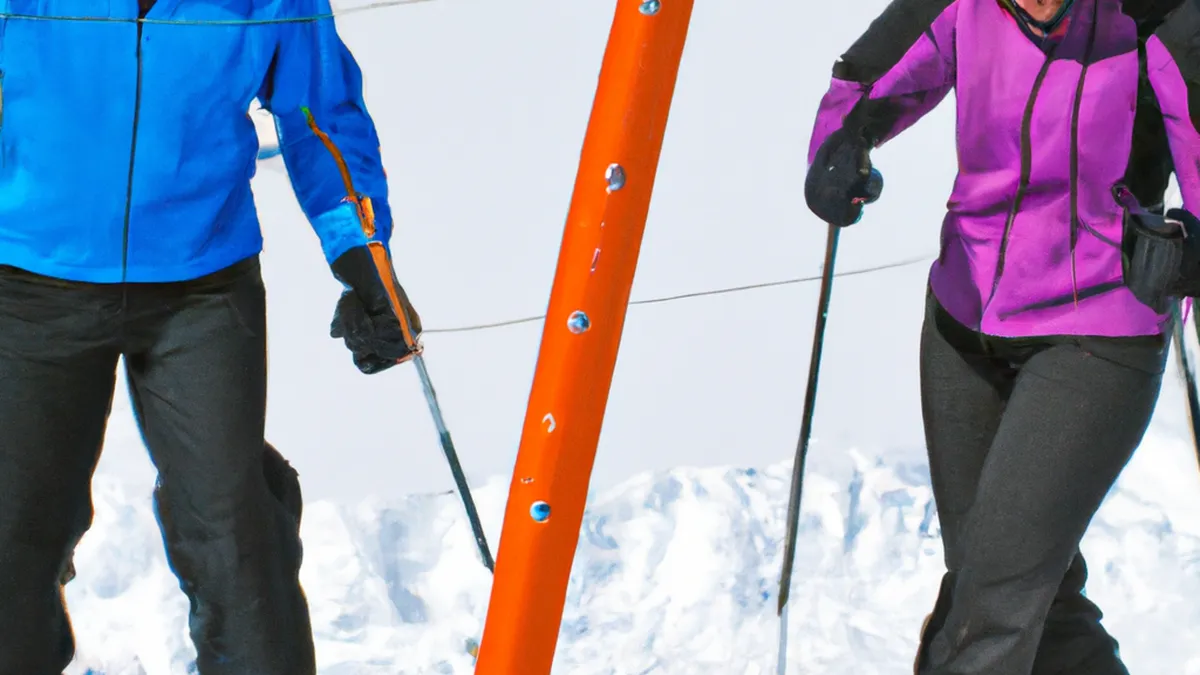Mentorship: The Compass of Orienteering
Youth Mentorship in Orienteering Clubs
Orienteering builds skills, confidence, and camaraderie among participants. Youth engagement in this sport thrives on mentorship. Experienced club members guide younger participants, helping them navigate terrain and personal growth. This blog explores mentorship’s importance in orienteering clubs, offers practical mentoring tips, highlights program benefits, and provides advice for mentors and mentees.
The Importance of Mentorship
Mentorship creates a supportive environment for young athletes. As they tackle orienteering challenges, they face hurdles like map reading and route planning. A mentor eases these difficulties. Mentors share knowledge, provide encouragement, and offer a sounding board for ideas.Mentorship also builds friendships across generations. Experienced members connect with younger participants, fostering a sense of belonging. Mentors invest time and effort, cultivating a welcoming atmosphere that encourages participation. This relationship benefits both parties; mentees gain insights, while mentors find fulfillment in giving back.
Tips for Effective Mentoring
To establish a successful mentoring relationship, follow these tips:
1. Set Clear Goals
Set clear mentorship goals. Both mentor and mentee should agree on objectives to achieve together. This clarity helps track progress and maintain focus. For example, goals may include improving navigation skills or completing a specific course. Measurable objectives enable mentors and mentees to celebrate milestones.
2. Foster Open Communication
Encourage open dialogue for a successful mentoring relationship. Mentors should create a safe space for mentees to express concerns, questions, and aspirations. Regular check-ins address challenges effectively. Use open-ended questions to guide discussions and deepen understanding. Ask mentees what they enjoy or where they struggle. This approach builds trust and enhances the experience.
3. Lead by Example
Mentors should model positive behaviors and attitudes. Demonstrating a strong work ethic and sportsmanship establishes a standard for mentees. Mentees often mirror their mentors’ actions, so enthusiasm for orienteering inspires young athletes. When mentors exhibit passion and a willingness to improve, mentees are likely to adopt a similar mindset.
Benefits of Youth Mentorship
Youth mentorship in orienteering clubs provides numerous benefits. It enhances athletes’ skills, builds confidence, and fosters community. Mentorship encourages personal growth and strengthens club bonds.
Conclusion
As an Amazon Associate I earn from qualifying purchases.
Gear tip: consider agility cones, speed ladder, and mini hurdles to support this topic.
Mentorship plays a vital role in youth orienteering clubs. It supports personal development, builds friendships, and nurtures a sense of belonging.
Below are related products based on this post:
FAQ
What is the role of mentorship in orienteering clubs?
Mentorship in orienteering clubs involves experienced members guiding younger participants through challenges like map reading and route planning. This supportive environment helps build skills, confidence, and camaraderie among athletes.
How can mentors effectively communicate with their mentees?
Mentors should foster open communication by creating a safe space for mentees to express their concerns and aspirations. Regular check-ins and open-ended questions can help address challenges and deepen understanding in the mentoring relationship.
What are the benefits of youth mentorship in orienteering?
Youth mentorship enhances athletes’ skills, builds confidence, and fosters a sense of community. It encourages personal growth and strengthens bonds within the club, benefiting both mentors and mentees.















Post Comment